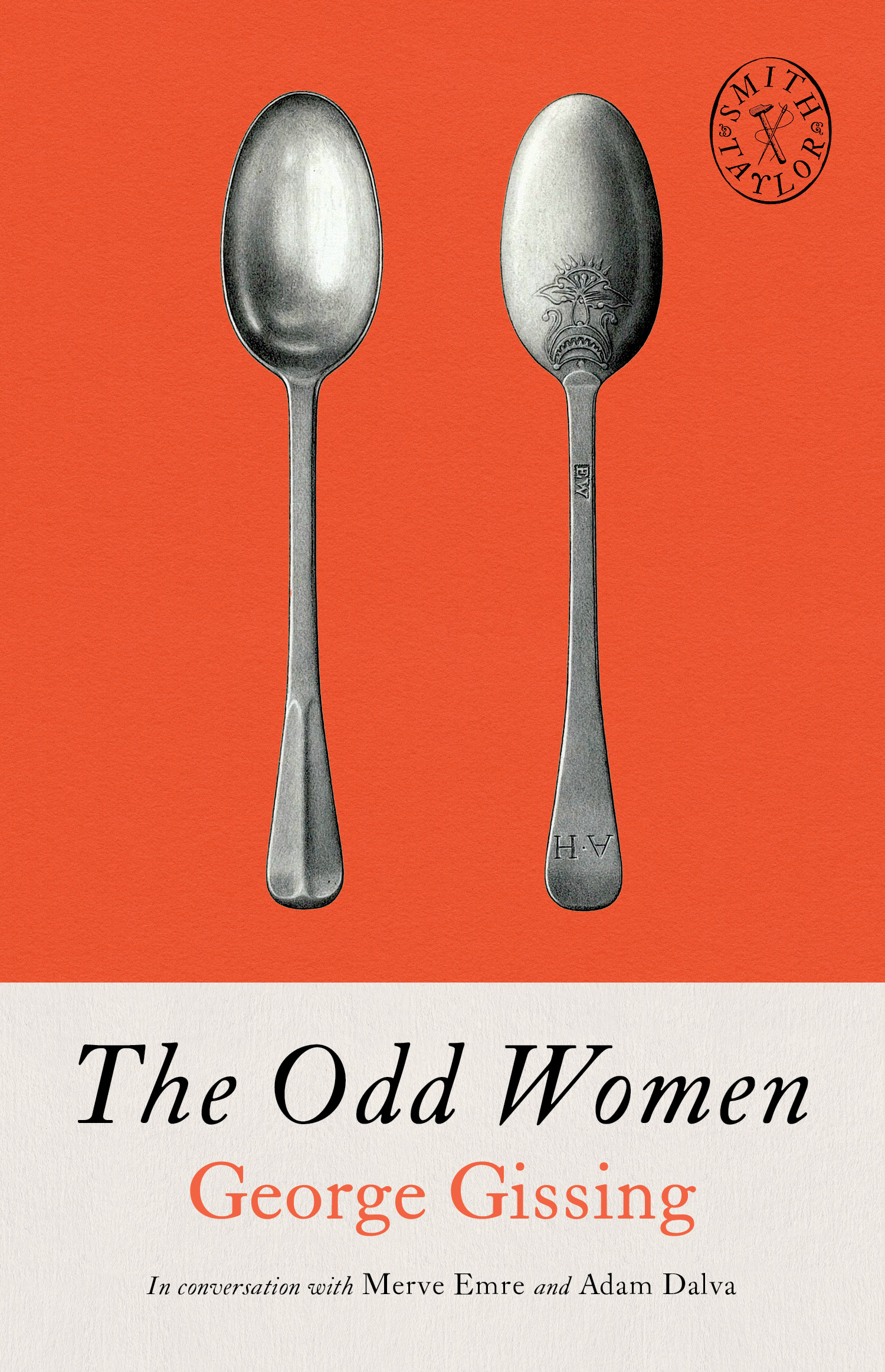The Odd Women
George Gissing
When their father’s death leaves them with no money and a dim future, the Madden sisters, Alice, Virginia, and Monica, must negotiate the gender roles and class constraints of Victorian London in the 1890s.
Virginia and Alice have aged out of the possibility of marriage and seemingly the idea of love itself and find themselves with few prospects and little hope. Remaindered in the marriage equation, these “odd women” face a great deal of scrutiny, stigma, and social pressure—it’s at this time that Rhoda Nunn, childhood friend to the Madden sisters, arrives in London to challenge accepted norms and mores around the role of women in society. Rhoda’s strong feminist passion draws a sharp contrast to the middle-class respectability of the Madden sisters’ upbring, as the sisters watch a new world emerge around them. Hailed as a prescient and boldly political novel of the early feminist movement, Gissing’s The Odd Women captures all of the absurdity, brutality, and even comedy of Victorian attitudes around gender and class, and the brilliant women who dared to be odd and to conceive of their role in society beyond their value on the marriage market.*
Smith & Taylor Classics is an imprint of Unnamed Press, combining Unnamed’s mission to uplift the unlikely and unexpected from around the world with editors Allison Miriam Smith and Brandon Taylor’s shared love of classic literature. S&T seeks to reintroduce titles that pushed the boundaries of their time, and whose themes continue to resonate today. Featuring both celebrated and lesser-known authors from the past, S&T’s list complements the Unnamed list of bold contemporary voices.
Rather than introductions, each edition will feature a conversation between two esteemed readers (established writers, critics, satirists, academics) debuting with imprint editors Allison and Brandon’s own discussion around the oft-overlooked classic by Edith Wharton, Twilight Sleep. In contrast to other classics lines, S&T’s approach will not be one of taste-making or “discovery,” but rather engagement— re-introducing books and their authors to the discourse at large and inviting contemporary voices active in the discourse to join us in the conversation. In recent years, readers have increasingly turned to classics and rediscovered titles both as an escape and as a means of making sense of a complex and fraught world. We believe classics are for everyone, and by revitalizing conversations around these novels we hope our readers find themselves in stories that might have otherwise been overlooked.

The Odd Women
by George Gissing
Published: November 26, 2024
ISBN: 9781961884243
Pre-sale $17.95
Pre-Order from us
Pre-Order from:
About the Author

George Gissing (1857-1903) was an English novelist, who published 23 novels between 1880 and 1903. Meagrely successful in his lifetime, he had by the 1940s been recognised as a literary genius, with George Orwell pronouncing that "England has produced few better novelists." Read more...